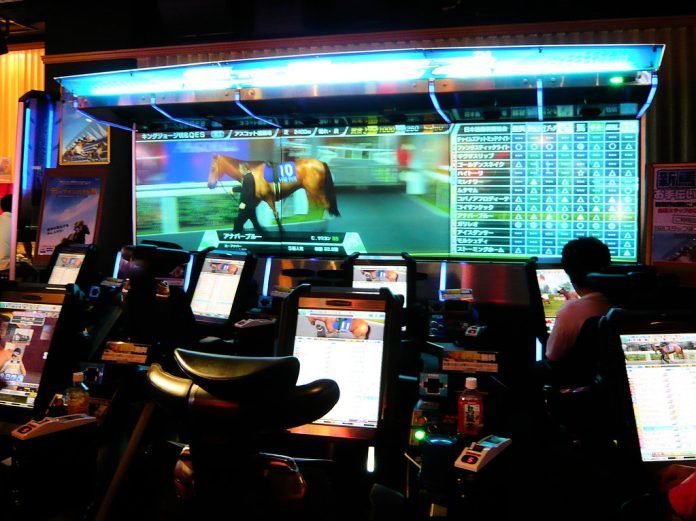
Horse racing has gone through several changes over history to become one of the most popular sports to wager on. Even while horse racing extends back thousands of years, the sport was nothing like what we see today. Horse racing has been more accessible to the general public as technology has advanced, and thanks to the internet betting sector, you can now place wagers without physically attending a horse racing event.
However, as technology progresses, we are seeing significant changes in the sports betting sector. The advent of virtual sports, such as horse racing online with 10CRIC, is the most significant move that might have a significant influence on the business.
Virtual sports are intended to solve a few issues. The most significant is that there is nothing to wager on when no real-life events are taking place. With that stated, let’s take a look at some of the most crucial aspects of this new business and how they will impact horse racing in general.
How does virtual horse racing work?
The most essential aspect of virtual horse racing betting is that it is completely random. Although the presentation seems and feels like genuine racing, the principles are identical to slots, roulette, or any other random gambling game.
Random number generators (RNGs) are used by betting companies to generate unpredictable virtual horse racing results. Simultaneously, operators may and do make certain outcomes more likely than others. Even if the outcome is random, a horse rated as a 5/2 favorite is still more likely to win than a horse put as a 33/1 long shot.
Although the house has perfect control over how much money its virtual racing games return to users on average, the results are nevertheless unpredictable. We may explain these seemingly contradicting findings by seeing virtual racing as a lottery, with each horse serving as a ticket. The pre-race favorites may have six tickets in the drawing, whilst the longshot horses may have just one or two tickets.
In this fictitious lottery, the RNG chooses a ticket (or, in this case, a horse) at random to win the race. Although the selection is random, the algorithm is more likely to choose a favorite over a long shot since the favorite has more tickets in the drawing.
Players should also be aware that operators provide virtual race bets on a fixed-odds basis rather than a parimutuel model. That is, in a virtual race, the betting site sets the odds, as opposed to genuine horse races, where all wagers are pooled together and the odds are established by market forces.
This implies that it is difficult for players to obtain an advantage in virtual horse racing. In genuine horse races, it is theoretically possible to win in the long run. Virtual horse racing betting is just speculative. You will win some games and lose others, but the house will always have the advantage in the long term.
Is virtual horse racing rigged?
The fact that bookies have complete influence over the virtual racing process, from accepting bets to determining race results, has sparked concerns that this virtual sport is rigged. Some bettors fear that once money is bet on a virtual race, bookmakers may simply manipulate the outcome to their benefit. This form of manipulation, however, is doubtful.
Third-party gaming commissions oversee and audit bookies, and they can lose their licenses if they are detected participating in unethical behavior. Not to mention the bad PR and the public backlash they’d face if they were found cheating.
Following a series of simulated races will reveal that, as predicted, shorter odds horses win more frequently and long odds horses win less frequently. Aside from that, you won’t uncover any long-term trends in race outcomes that will provide you an advantage over the house.




